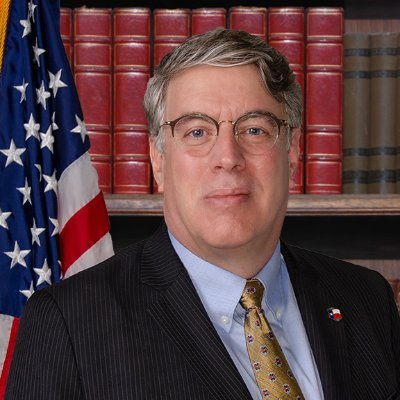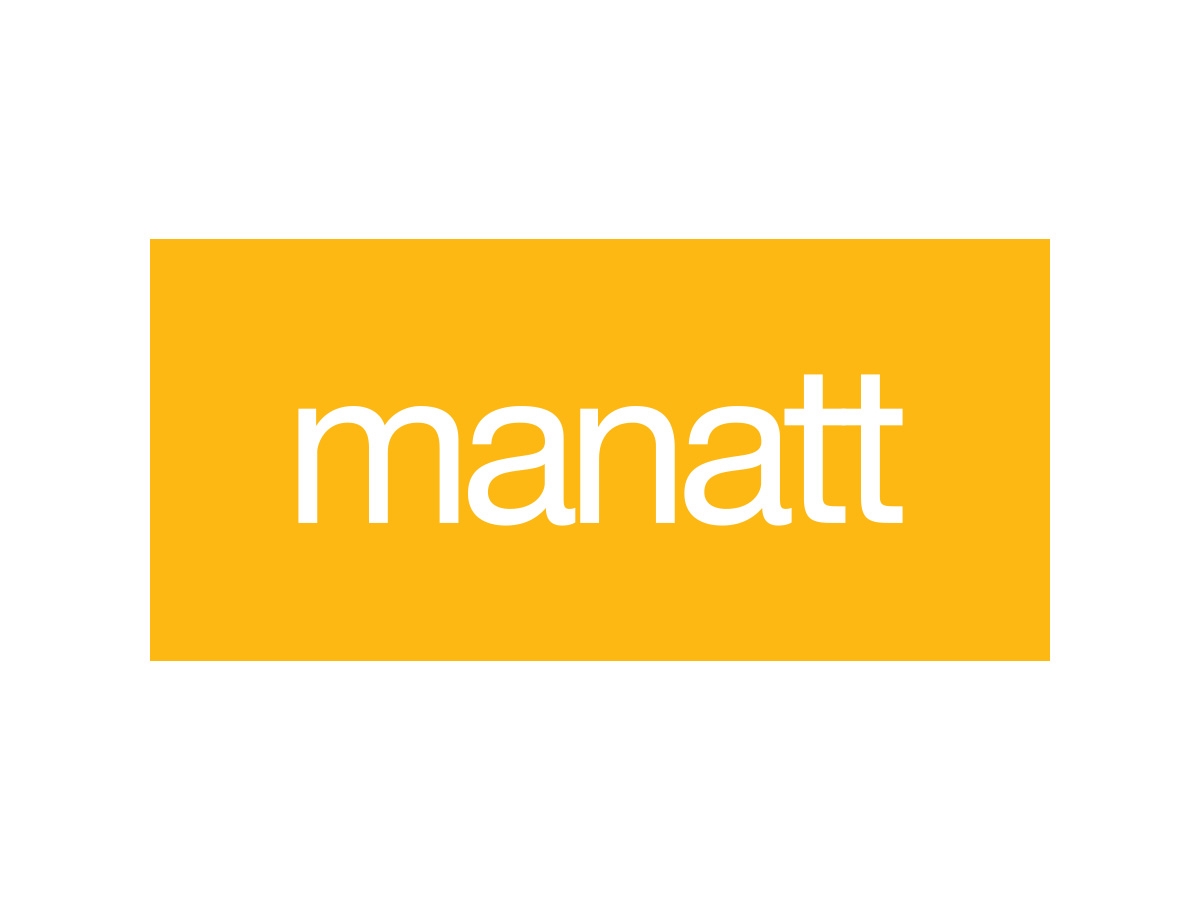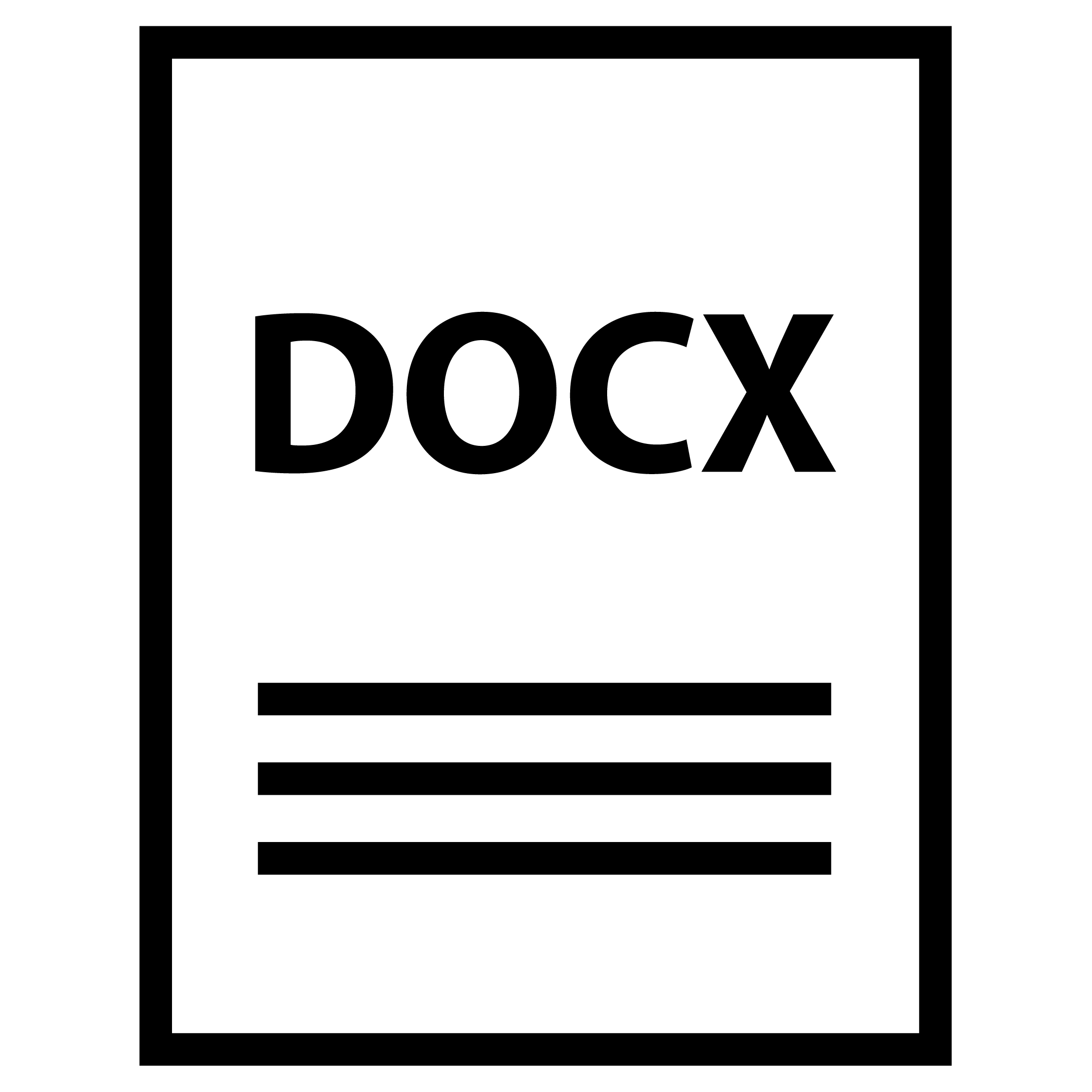Outside Investments in Civil Litigation Jeopardize U.S. Innovation and Productivity
“The United States already requires transparency in the banking and financial sectors and there is no reason why a similar standard should not be established for litigation funding.”
Strong intellectual property rights are a cornerstone of the modern American economy. When inventors and creators know that their work will be protected, they are more likely to invest time, money, and resources into developing new ideas and technologies. This, in turn, leads to the creation of new products, services, and entire industries, which drive economic growth and create jobs. Moreover, strong IP rights enable American businesses to compete effectively in the global marketplace by preventing competitors from simply copying their hard-earned innovations. This helps maintain America’s position as a world leader in fields like technology and medicine.
Unfortunately, an increasingly common practice where outside investors back civil lawsuits threatens to undermine this critical framework. Known as third-party litigation funding, or TPLF, it has turned the business of mass tort litigation into a big one – and could threaten the IP of American innovators in the process.
A Cudgel
More and more, attorneys and other patent assertion entities (PAEs) have turned to private equity groups or other public or private investors to cover their costs of legal action. In exchange for their financial backing, the investors receive a hefty portion of any monetary proceeds from the litigation. Its proponents argue such funding arrangements are necessary because the courts have become inaccessible for small patent holders who may not have the capital to otherwise protect their interests. But considering the fact that mass tort litigation, which often relies on TPLF, now comprises nearly three-fourths of the entire federal civil docket, such claims seem to strain credulity. The reality is such funding arrangements have become a cudgel that PAEs, which often acquire patents with the sole purpose of filing often dubious infringement lawsuits, have used to go after companies that are adding value to the economy by creating new products and services.
Billions of dollars are thought to be invested in civil litigations every year in the United States through TPLF. It is impossible to know though exactly how much money is in play because there are very little in the way of regulations that require the disclosure of funding agreement details, including the names of the investors, how much capital they have provided, and the extent of their involvement in the way litigations are managed. The anonymity TPLF can provide is one of the main appeals it has for investors who don’t want their business dealings exposed to the general public – and also one of its greatest risks.
Security Risk
The proliferation of mass tort lawsuits spurred on by third-party litigation funding is directly harming the targeted businesses and consumers they serve. In addition to the broader economic consequences of TPLF depleting capital that could be used to develop new products and services, hire more employees, or start new ventures, such litigation can also be used as a weapon to hinder the production of key technologies and products by a competitor looking to gain an unfair advantage. It can also put at risk one of the main drivers of U.S. innovation and economic expansion – intellectual property.
Intellectual property assets, especially trade secrets and other confidential or sensitive information can be some of the most valuable assets companies hold, especially those involved in highly innovative and competitive fields such as technology, medicine, or national defense. However, the anonymous nature of TPLF means that funders could also gain access to sensitive data and other trade secrets through the course of legal proceedings that they may find far more valuable than any potential monetary judgment resulting from the lawsuit itself.
Protecting such proprietary and sensitive information is a high priority, as this data is avidly sought after by competitors including foreign companies and governments. Yet while TPLF backers argue these risks can be mitigated by protective orders, the need for such actions becomes much less apparent if the participation of those same competitors or other adversarial entities funding such lawsuits is obscured. Such anonymity could also help circumvent reviews from the Committee on Foreign Investment in the US (CFIUS), which scrutinizes foreign investments in businesses that handle sensitive personal data or involve critical technologies and infrastructure for national security concerns. An investment in patent litigation that is funded by a foreign adversary is certainly worthy of review by CFIUS, but without any knowledge as to who the funders are, that investment will not likely ever be investigated.
Congress Steps In
Such threats have many members of Congress concerned. The House Subcommittee on Courts, Intellectual Property, and the Internet recently held a hearing in which several expert witnesses testified on issues ranging from the national security threats linked to unregulated TPLF to patent trolls, shady companies that exist solely to procure intellectual property rights they can use as the basis for settlement-seeking patent infringement claims. As a result of these findings, the chair of the subcommittee, Darrell Issa (R-CA), who previously took on the issue with a 2021 bill that would have required disclosure of outside funding arrangements, recently introduced new legislation this Congress to rein in TPLF abuses and protect intellectual property.
Allowing anonymous funders to covertly influence courtroom strategies to maximize their own ends is a dangerous practice. The United States already requires transparency in the banking and financial sectors and there is no reason why a similar standard should not be established for litigation funding. As the problems TPLF creates for the U.S. legal system and American businesses continue to grow, it is important that our elected officials support mandates to accomplish this goal. None of this would preclude broader reforms with the patent system that some seek, but at the very least it is important to clearly identify those who play the game and to take measures to curb the exploitative tactics of those harming American innovators.
Chuck Meyer
Chuck Meyer is the principal at the Law Firm of Chuck Meyer PLLC, and is the former Chief Legal Officer of Research In Motion Limited (now BlackBerry). He is also […see more]







